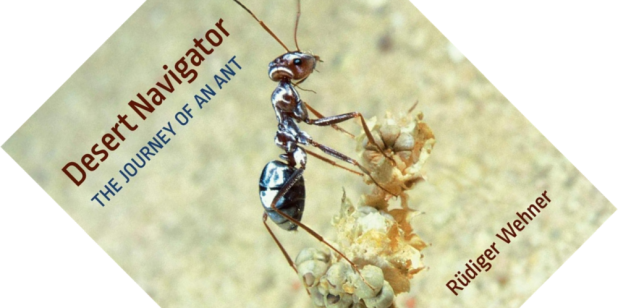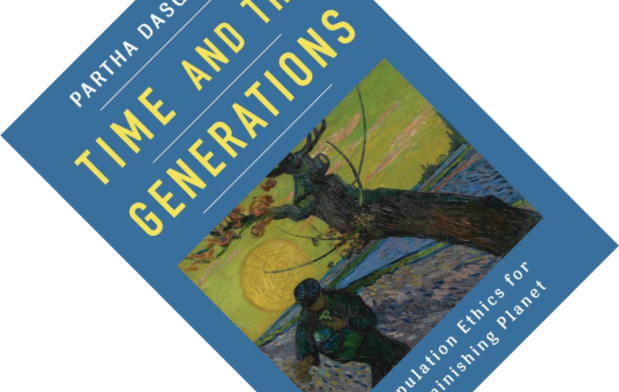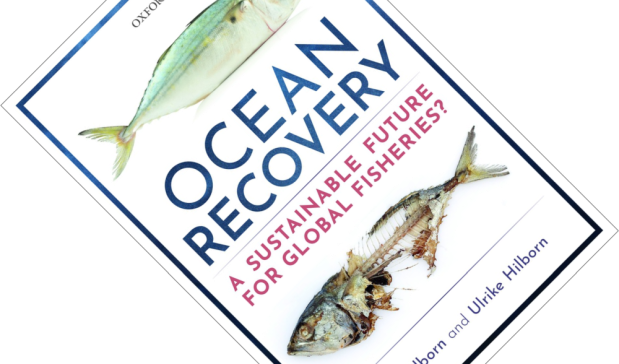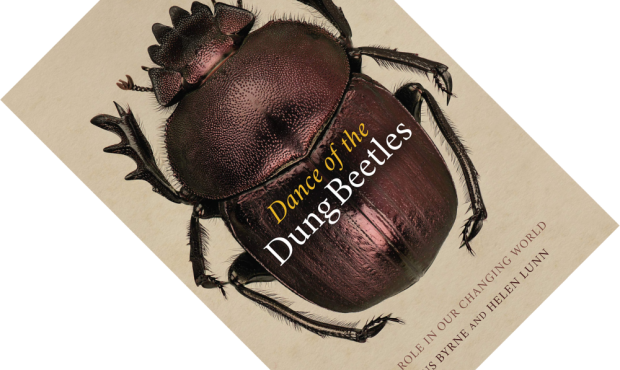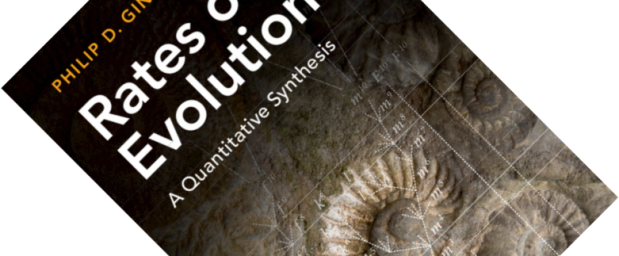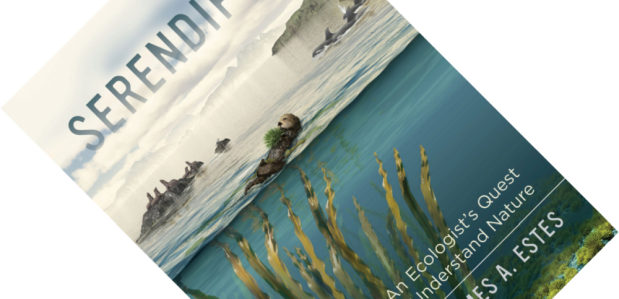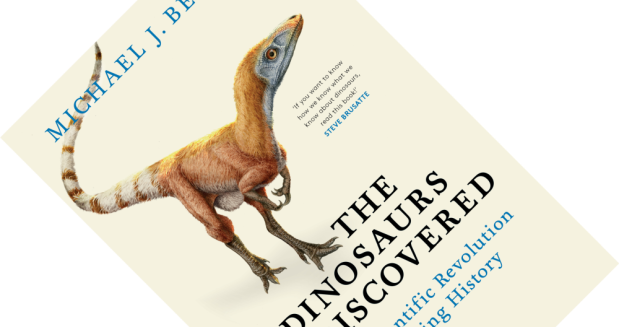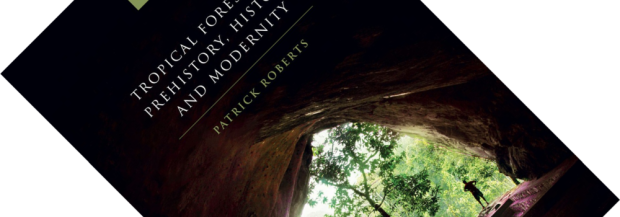7-minute read
When we think of animal navigation, the dramatic comes to mind: globe-trotting birds, migrating monarch butterflies, and ocean-crossing whales. But on a smaller scale, navigation is no less vital and no less interesting. Take the humble desert ant. Desert Navigator is the culmination of a lifetime worth of study by German zoologist Rüdiger Wehner and his many collaborators. It is an astonishing and lavishly produced book that distils half a century of experiments into a richly illustrated narrative.

